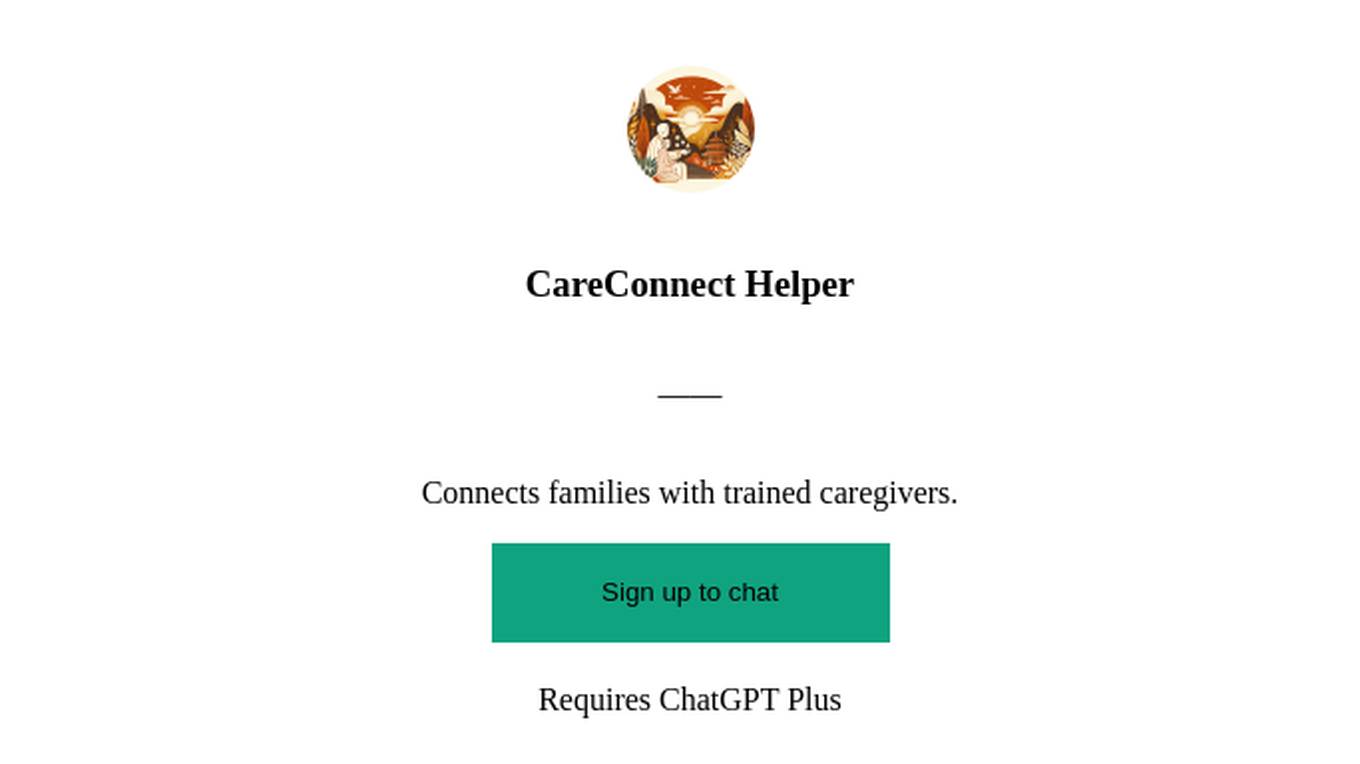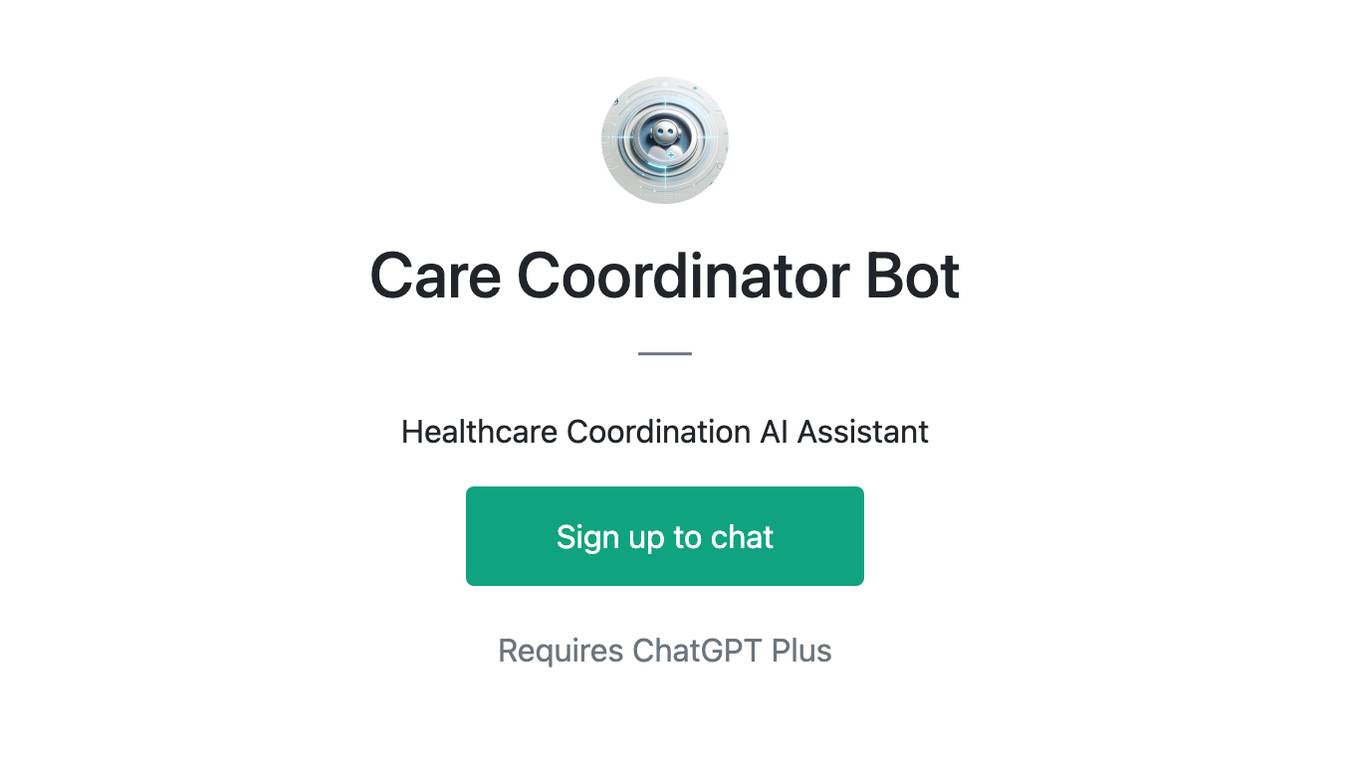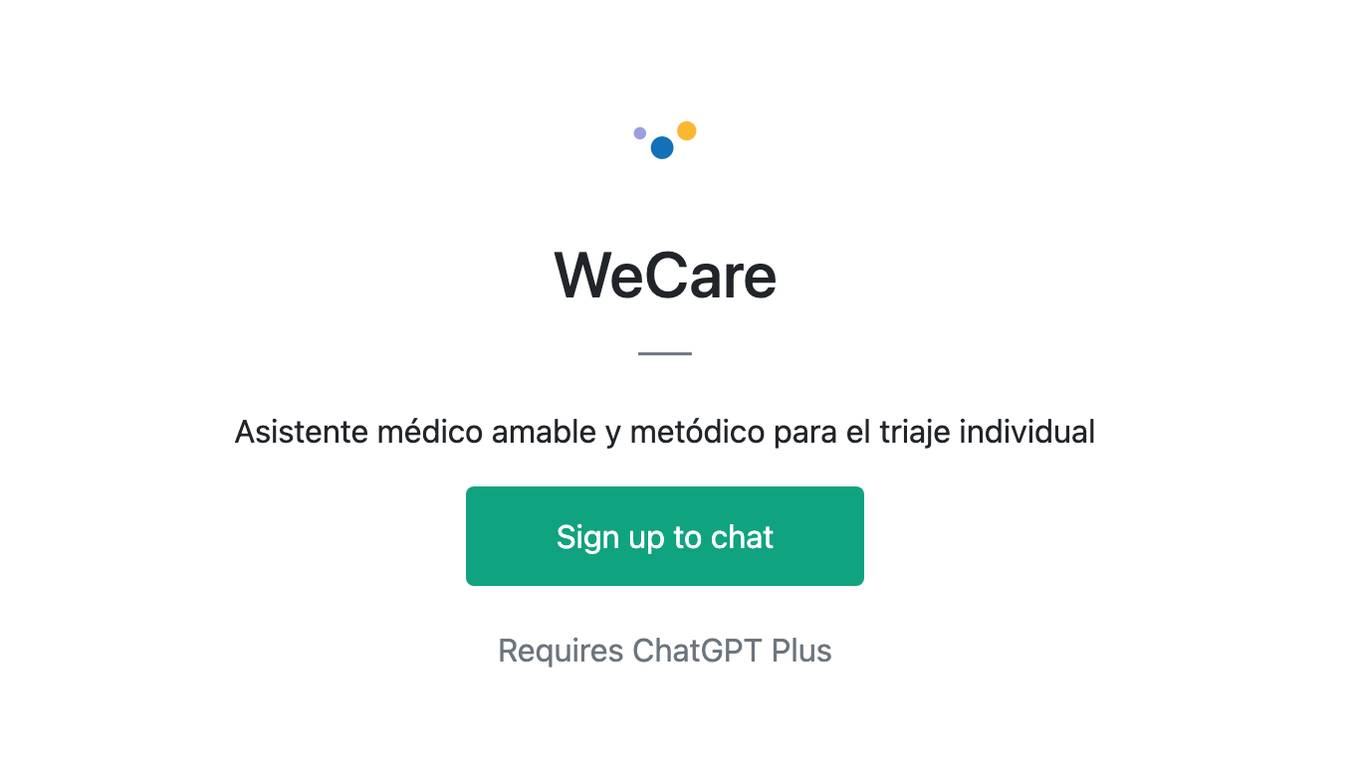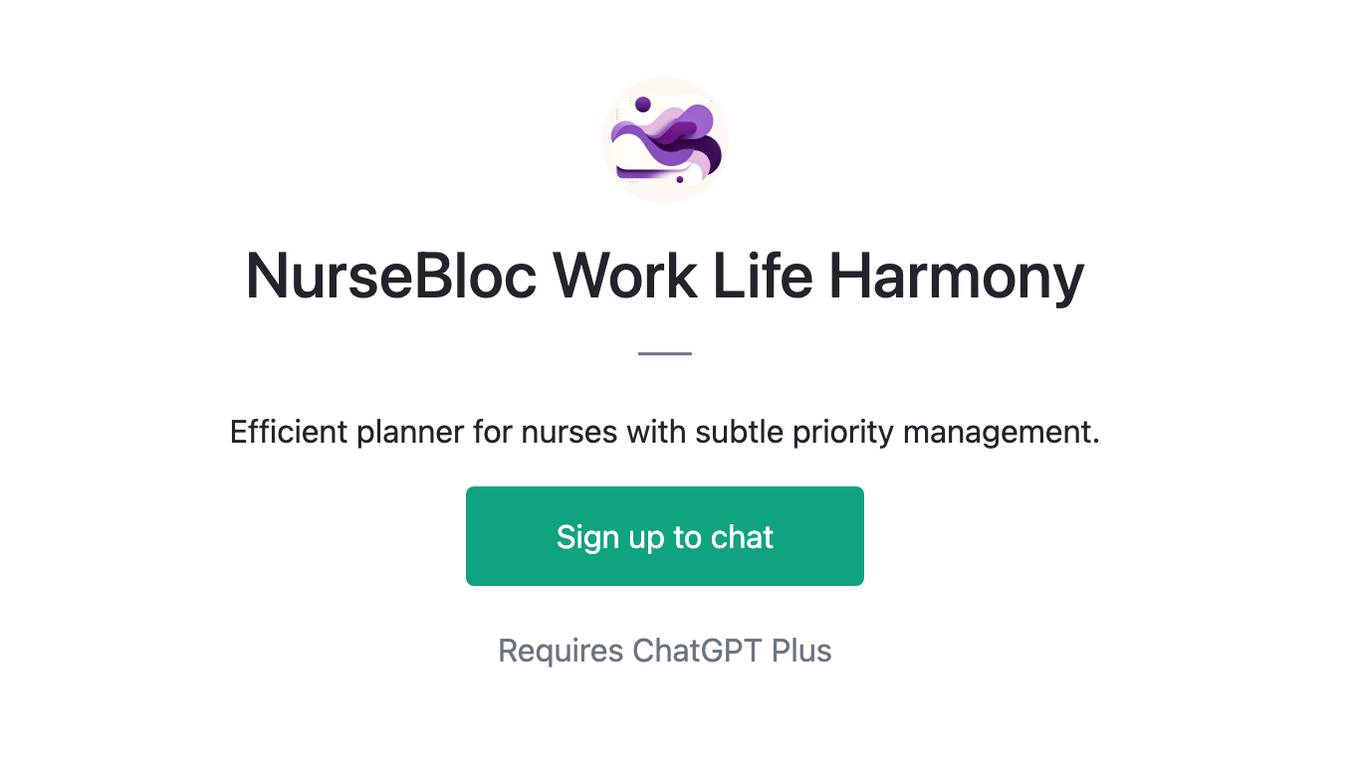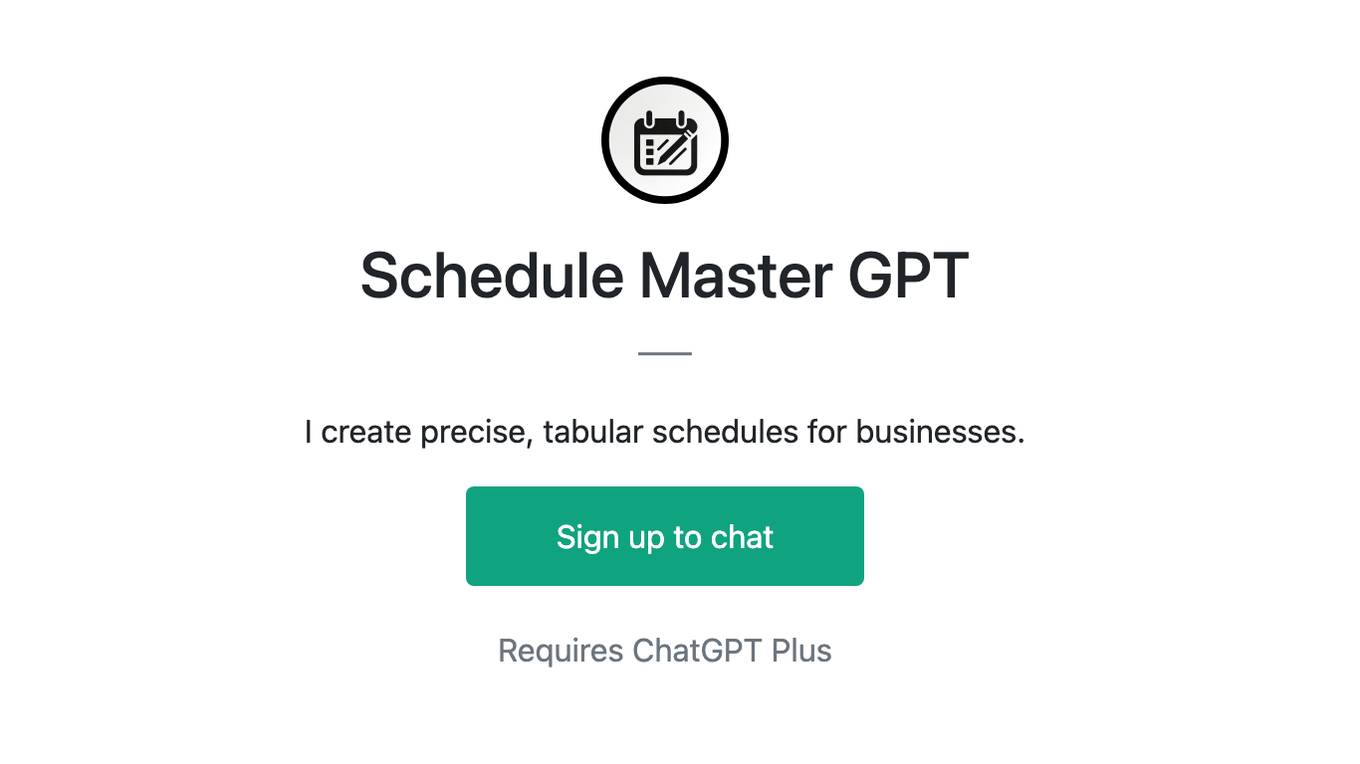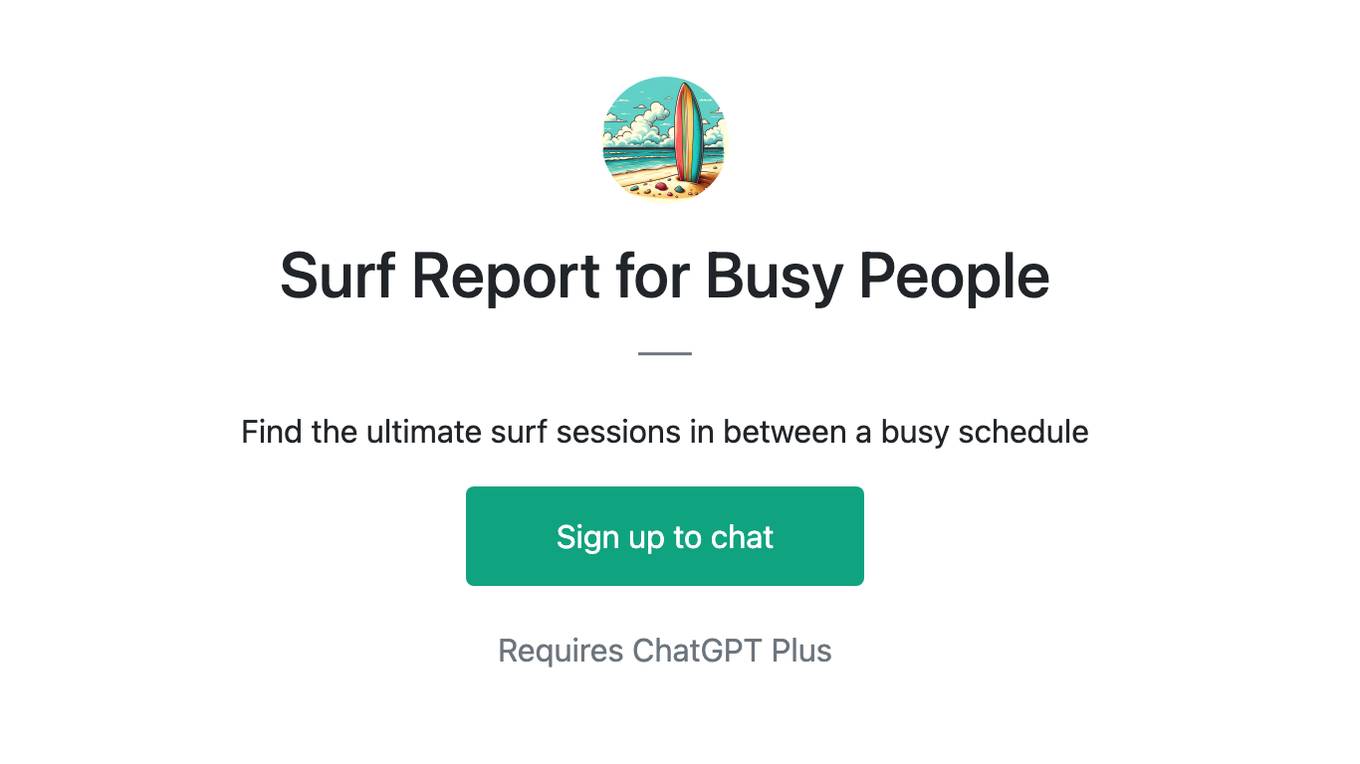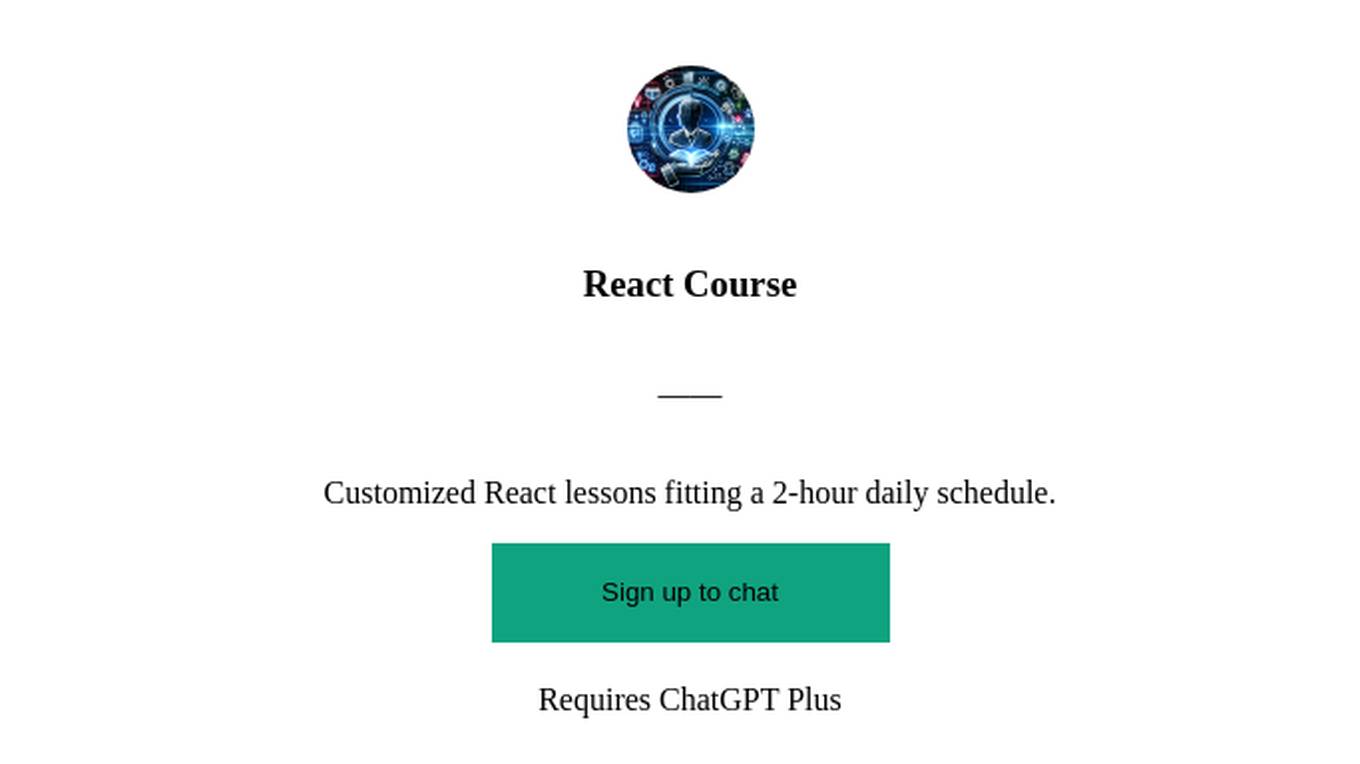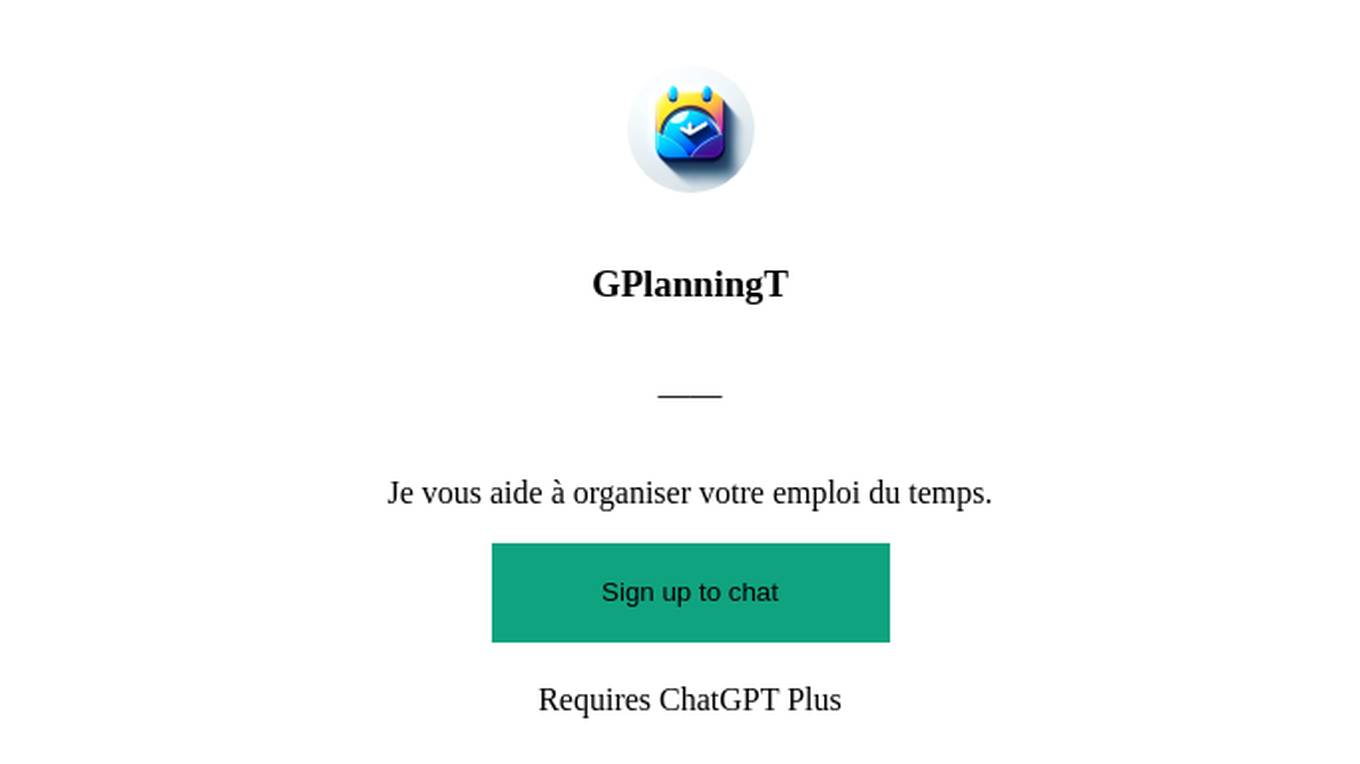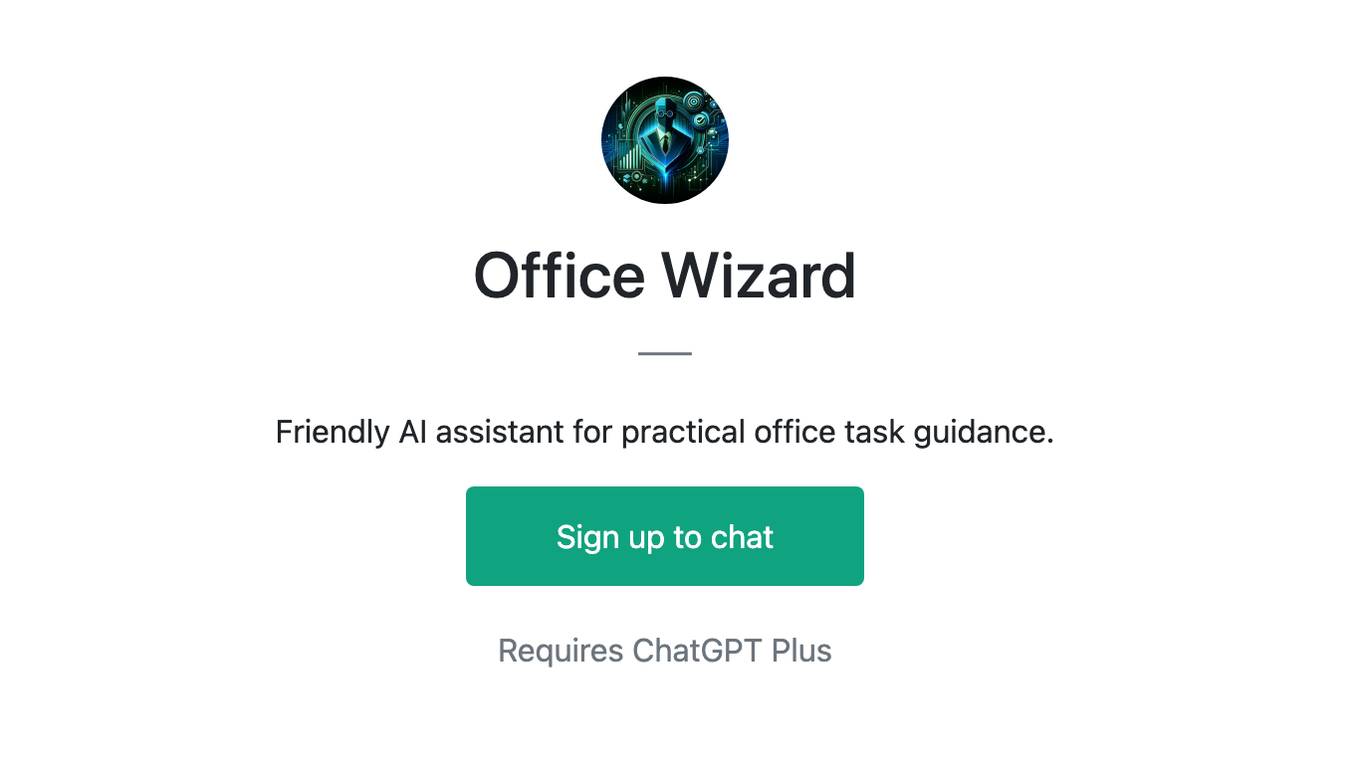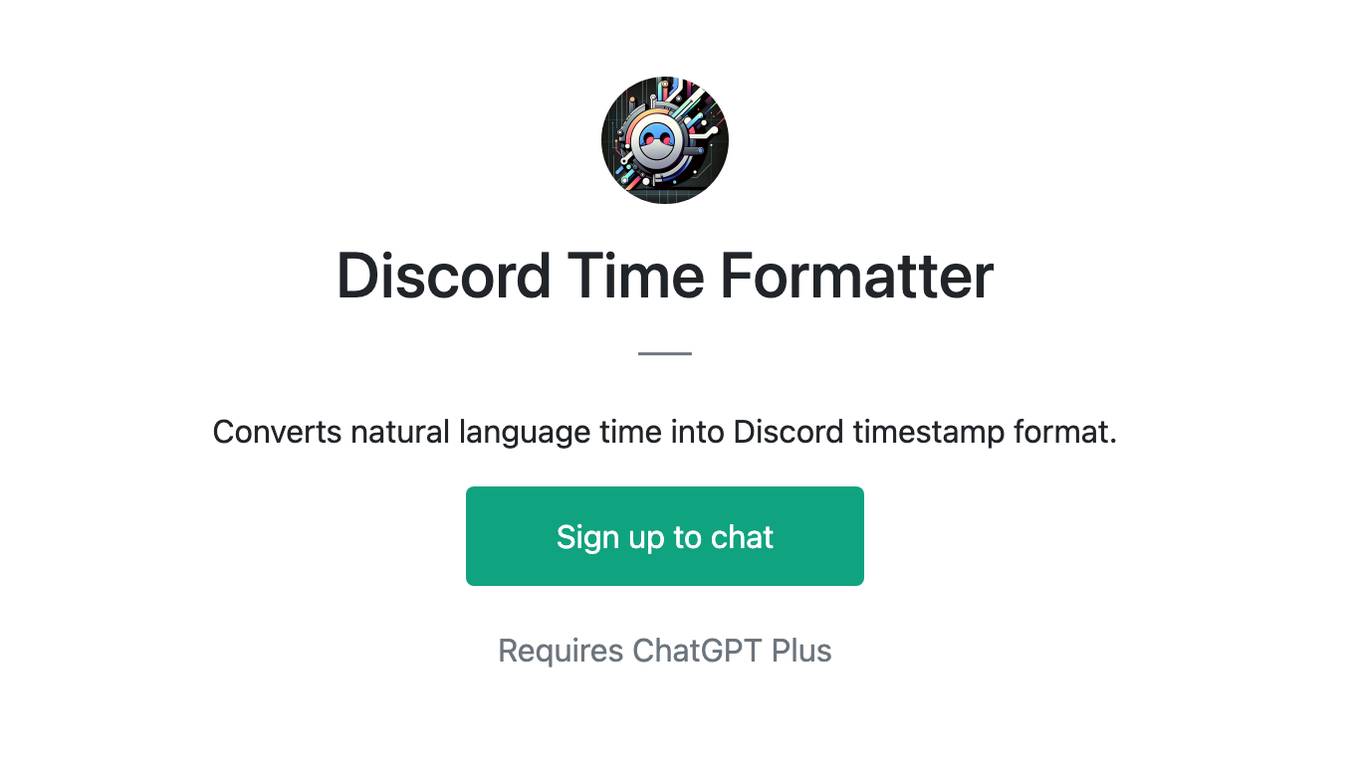Best AI tools for< Schedule Caregiver Visit >
20 - AI tool Sites

CallCare
CallCare is an AI-driven application designed to provide peace of mind for users concerned about the mental wellness of their elderly loved ones. The platform allows users to schedule intelligent calls to monitor the well-being of their loved ones, analyze call details with advanced analytics, and track mental wellness metrics through detailed reports. With a focus on mimicking human interaction, CallCare offers a secure and private environment for engaging conversations that aim to detect any mental wellness decline early on.
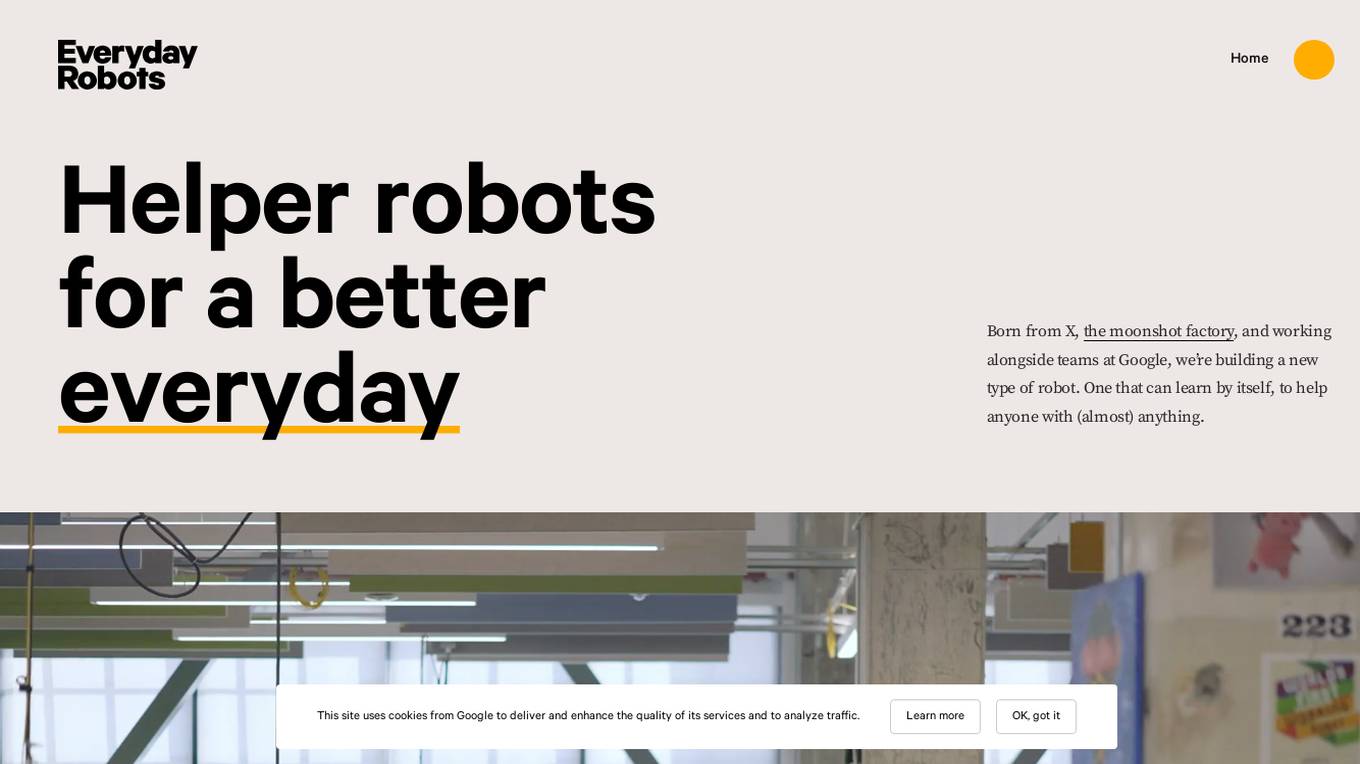
Everyday Robots
Everyday Robots is an AI-powered application developed by X, the moonshot factory in collaboration with Google. It aims to build helper robots that can learn by themselves to assist with various tasks in both work and home environments. The application focuses on solving small everyday problems to free up time for more meaningful activities, ultimately improving productivity and enriching personal lives. Everyday Robots envisions a future where robots play a transformative role in enhancing human potential and addressing global challenges.
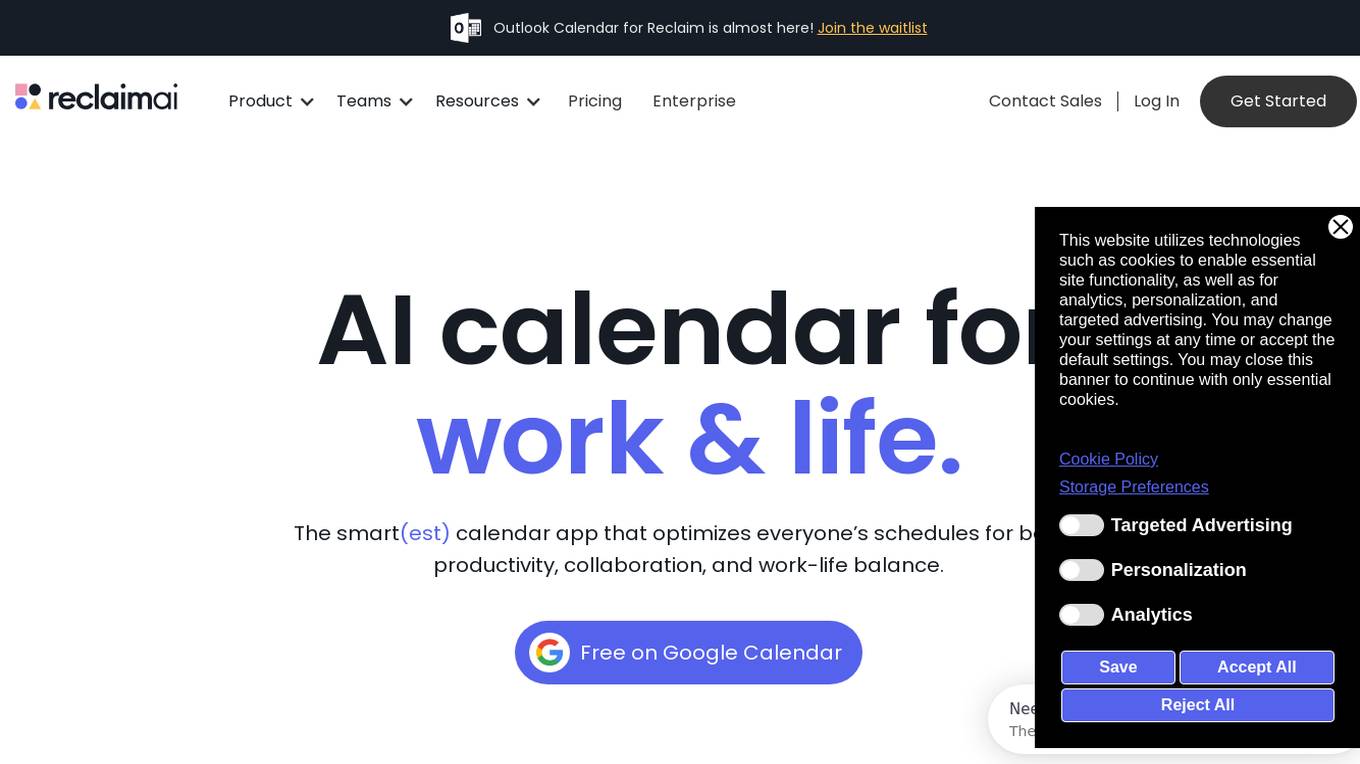
Reclaim.ai
Reclaim.ai is an AI-powered scheduling application designed to optimize users' schedules for better productivity, collaboration, and work-life balance. The app offers features such as Smart Meetings, Scheduling Links, Calendar Sync, Buffer Time, and Time Tracking. It helps users analyze their time across meetings, tasks, and work-life balance metrics. Reclaim.ai is trusted by over 300,000 people across 40,000 companies, with a 4.8/5 rating on G2. The application is known for its ability to defend focus time, automate daily plans, and manage smart events efficiently.

Dola
Dola is an AI calendar assistant that helps users schedule their lives efficiently and save time. It allows users to set reminders, make calendar events, and manage tasks through natural language communication. Dola works with voice messages, text messages, and images, making it a versatile and user-friendly tool. With features like smarter scheduling, daily weather reports, faster search, and seamless integration with popular calendar apps, Dola aims to simplify task and time management for its users. The application has received positive feedback for its accuracy, ease of use, and ability to sync across multiple devices.
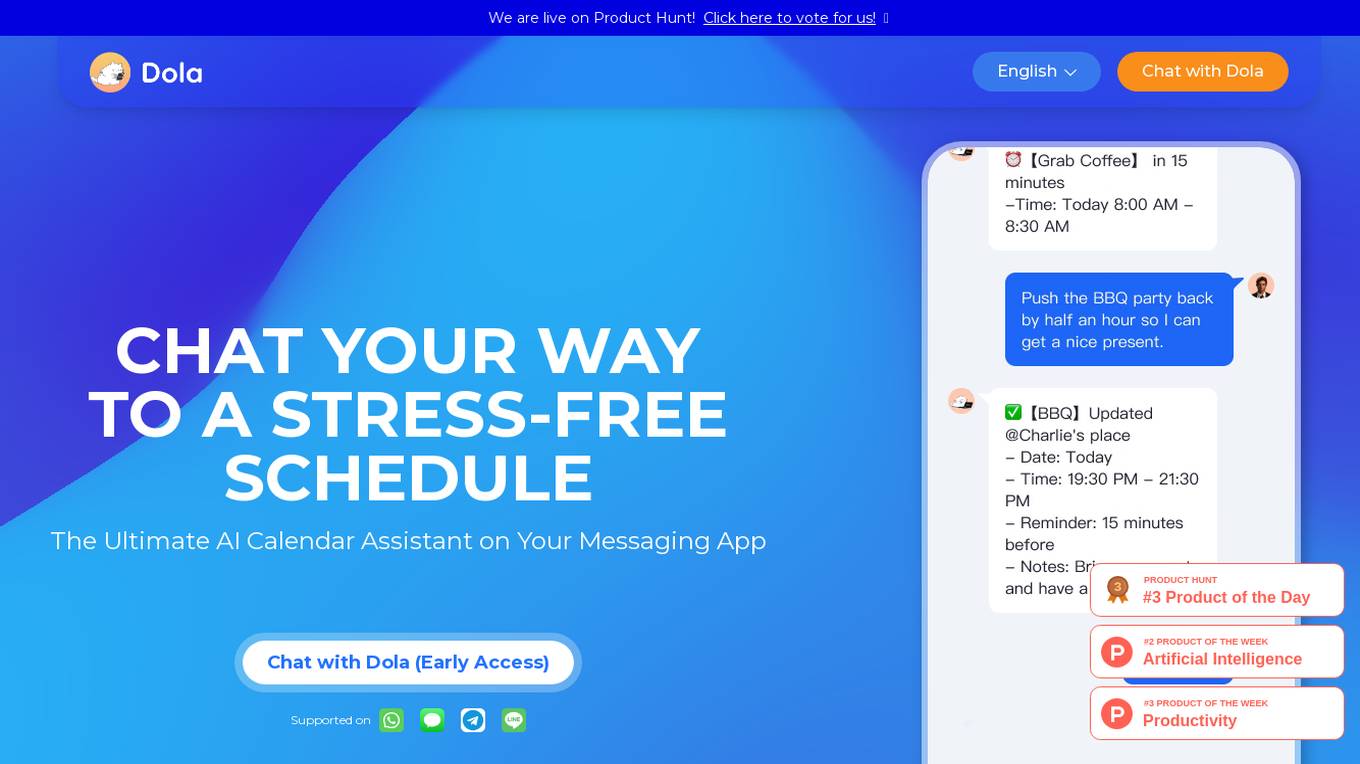
Dola
Dola is an AI-powered calendar assistant that helps you manage your schedule through messaging apps. With Dola, you can add events, edit them, and get reminders, all through natural language conversations. Dola also integrates with your existing calendar apps, so you can keep all your events in one place.

Dola
Dola is an AI-powered calendar assistant that helps you manage your schedule through messaging apps. With Dola, you can add events, edit them, and get reminders, all without having to fill out tedious forms or quote previous calendar events. Dola also supports group chats, so you can easily schedule events with friends and family. Dola is available on iOS, Android, and the web.
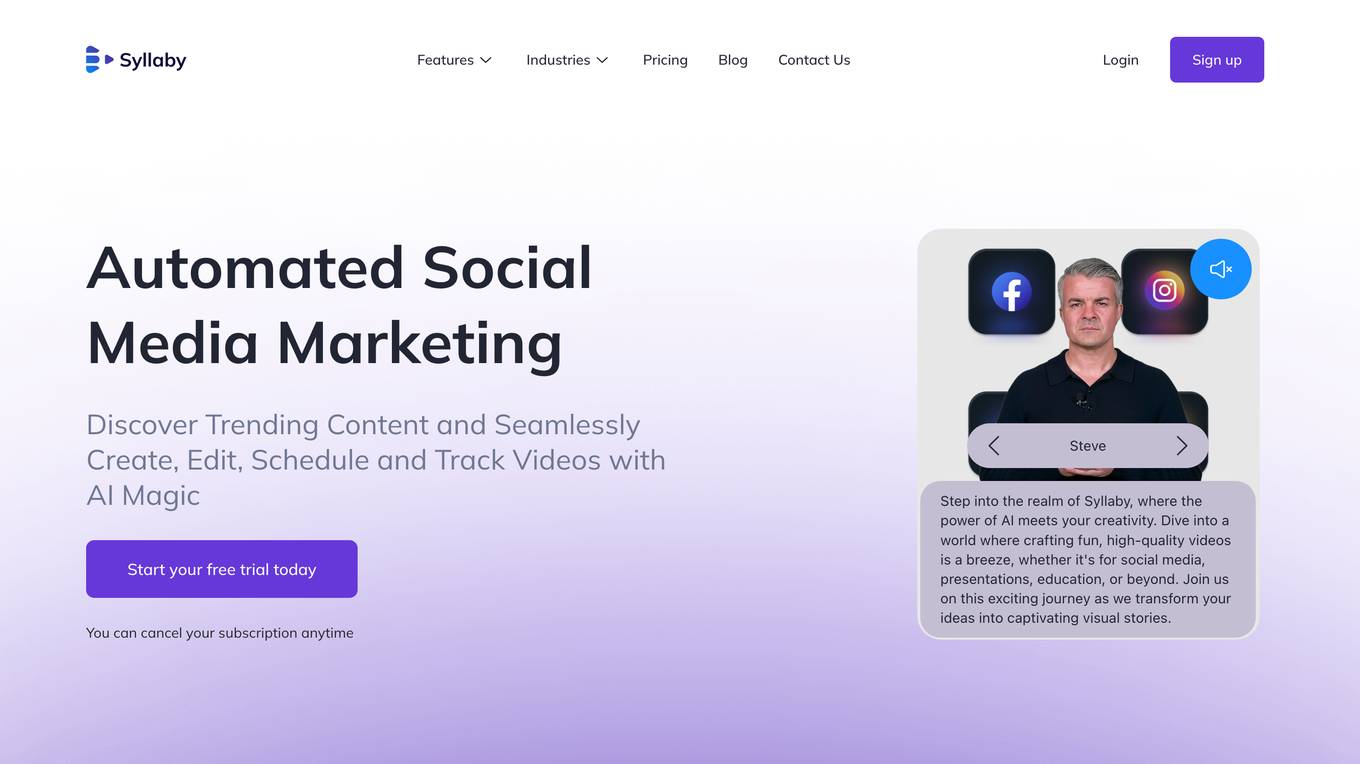
Syllaby
Syllaby is an AI-powered tool that streamlines the process of creating viral social media videos for businesses by assisting with ideation, content scheduling, outline and script generation, and even avatar-based video creation. It offers a systematic workflow tailored to various industries, along with features like an organizational content calendar and in-tool tutorials, making video marketing more accessible and efficient.

Boomerang for Gmail
Boomerang for Gmail is a meeting scheduling and email management tool that helps you save time and be more productive. With Boomerang, you can schedule emails to be sent later, set reminders to follow up on messages, and pause your inbox to avoid distractions. Boomerang also includes a number of AI-powered features, such as Respondable, which helps you write better emails, and Inbox Pause, which helps you manage your email flow more effectively.
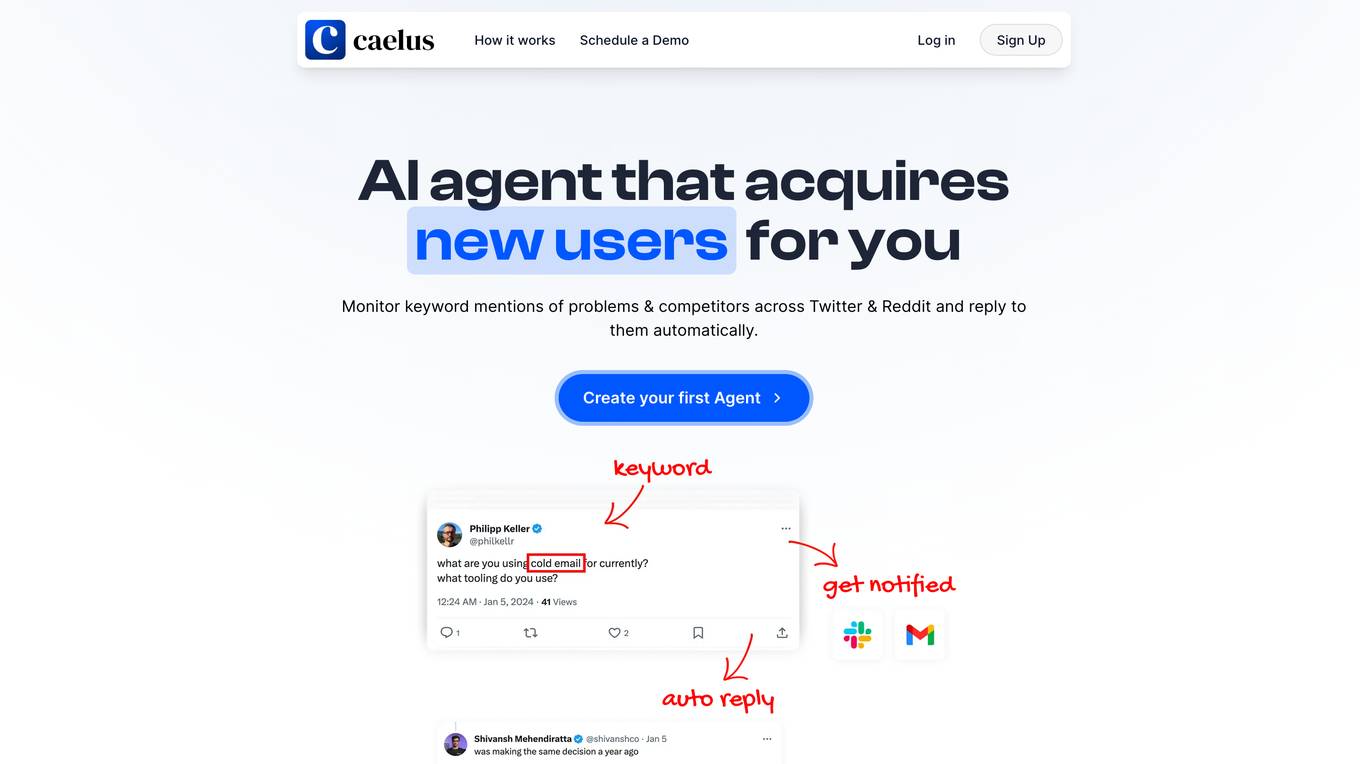
Caelus AI
Caelus AI is an AI-powered tool that helps businesses acquire new users by monitoring keyword mentions of problems and competitors across Twitter and Reddit, and replying to them automatically. It uses natural language processing to understand the intent of each mention and respond in a personalized way, sounding like the business itself. Caelus AI also learns from the business's existing Twitter and Reddit posts to ensure that its responses are consistent with the brand's voice and tone.
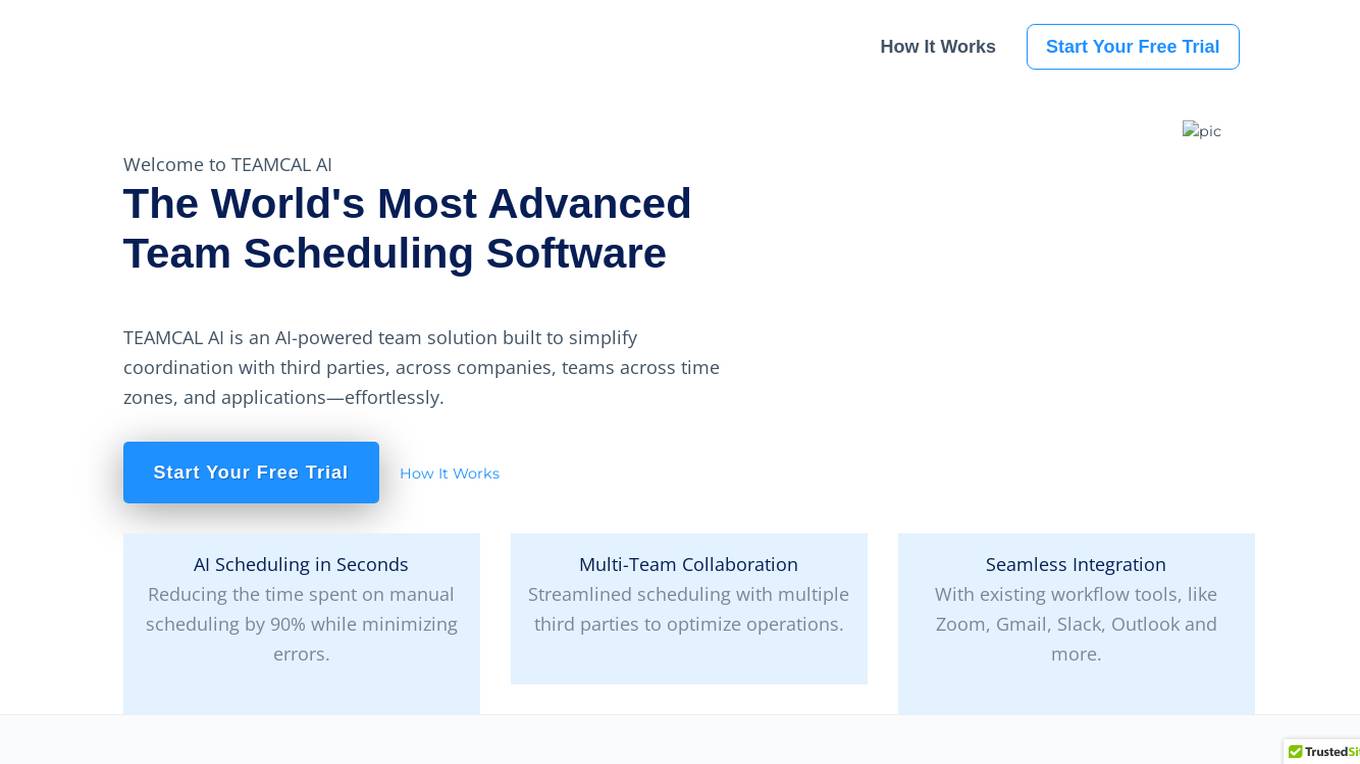
TEAMCAL AI
TEAMCAL AI is the world's most advanced team scheduling software powered by artificial intelligence. It simplifies coordination with third parties, across companies, teams across time zones, and applications effortlessly. The application offers features such as AI scheduling in seconds, multi-team collaboration, seamless integration with existing workflow tools, and more. It is designed to streamline scheduling processes, reduce errors, and optimize operations for businesses of all sizes.
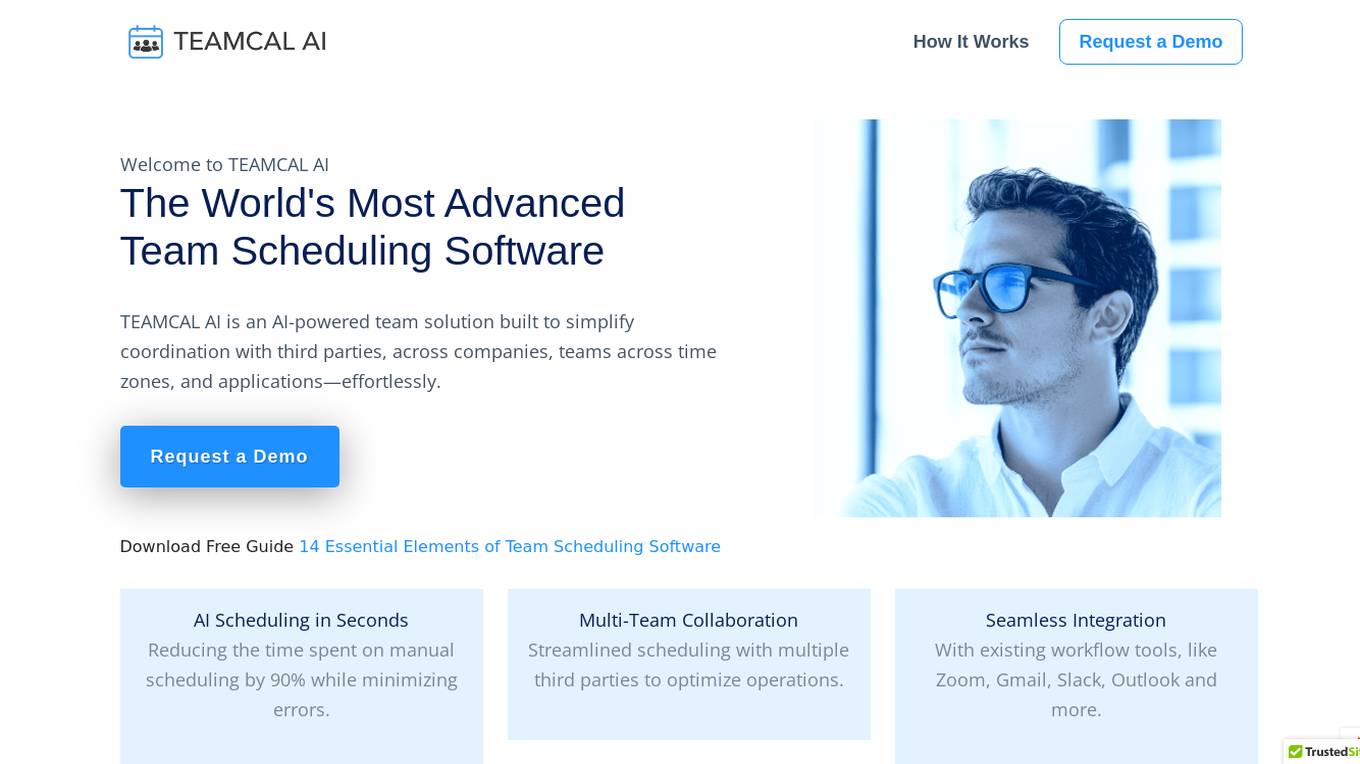
TEAMCAL AI
TEAMCAL AI is the world's most advanced team scheduling software powered by AI. It simplifies coordination with third parties, across companies, teams across time zones, and applications effortlessly. The application offers features like AI scheduling in seconds, multi-team collaboration, seamless integration with existing workflow tools, and integrated solutions designed for specific business use cases. With various pricing plans catering to different business needs, TEAMCAL AI aims to optimize team scheduling, reduce manual errors, and enhance productivity.
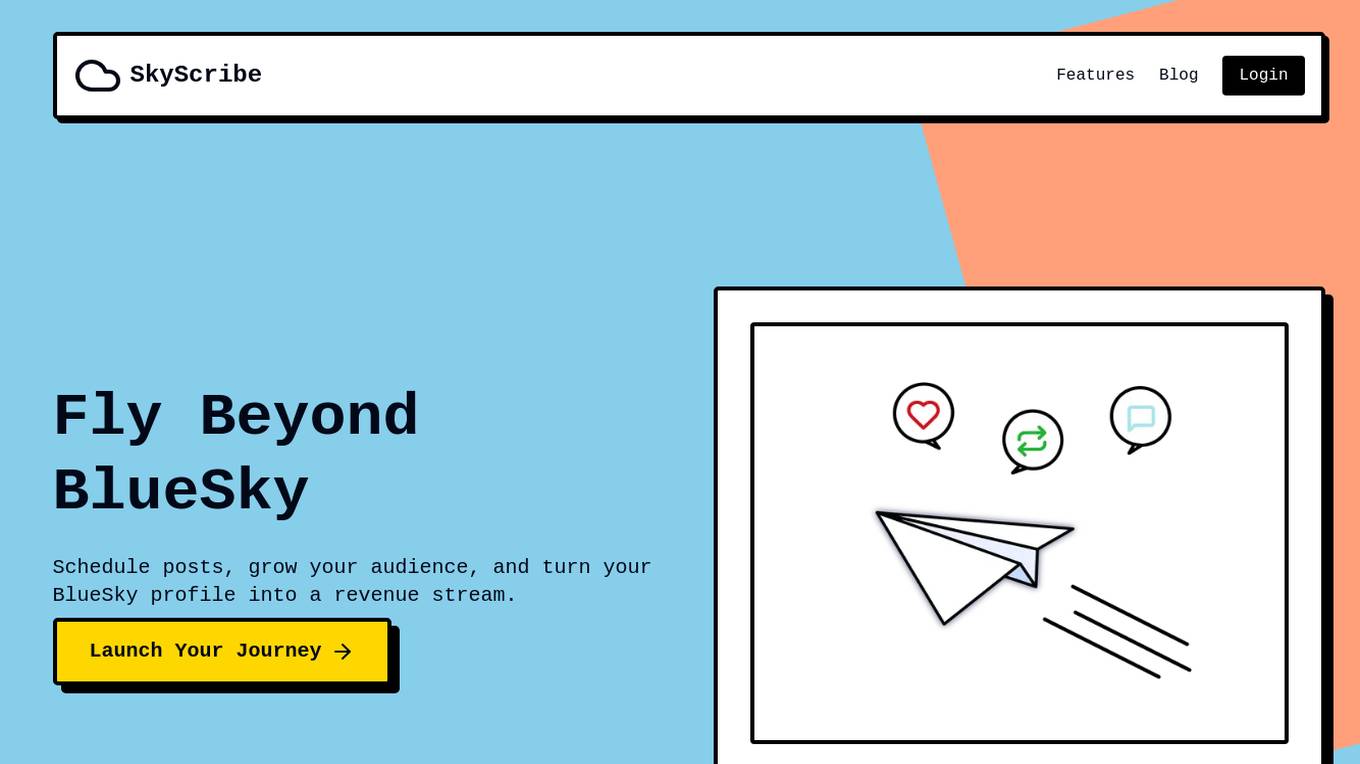
SkyScribe
SkyScribe is an AI-powered tool designed to help users schedule posts on BlueSky, a social media platform, and optimize their content strategy for audience growth and revenue generation. It offers features such as smart scheduling, audience analytics, engagement rate tracking, and monetization tools. Users can easily connect their BlueSky account, schedule posts in advance, and leverage AI-powered content suggestions for maximum impact. SkyScribe aims to streamline the content creation process and empower users to grow their online presence effectively.
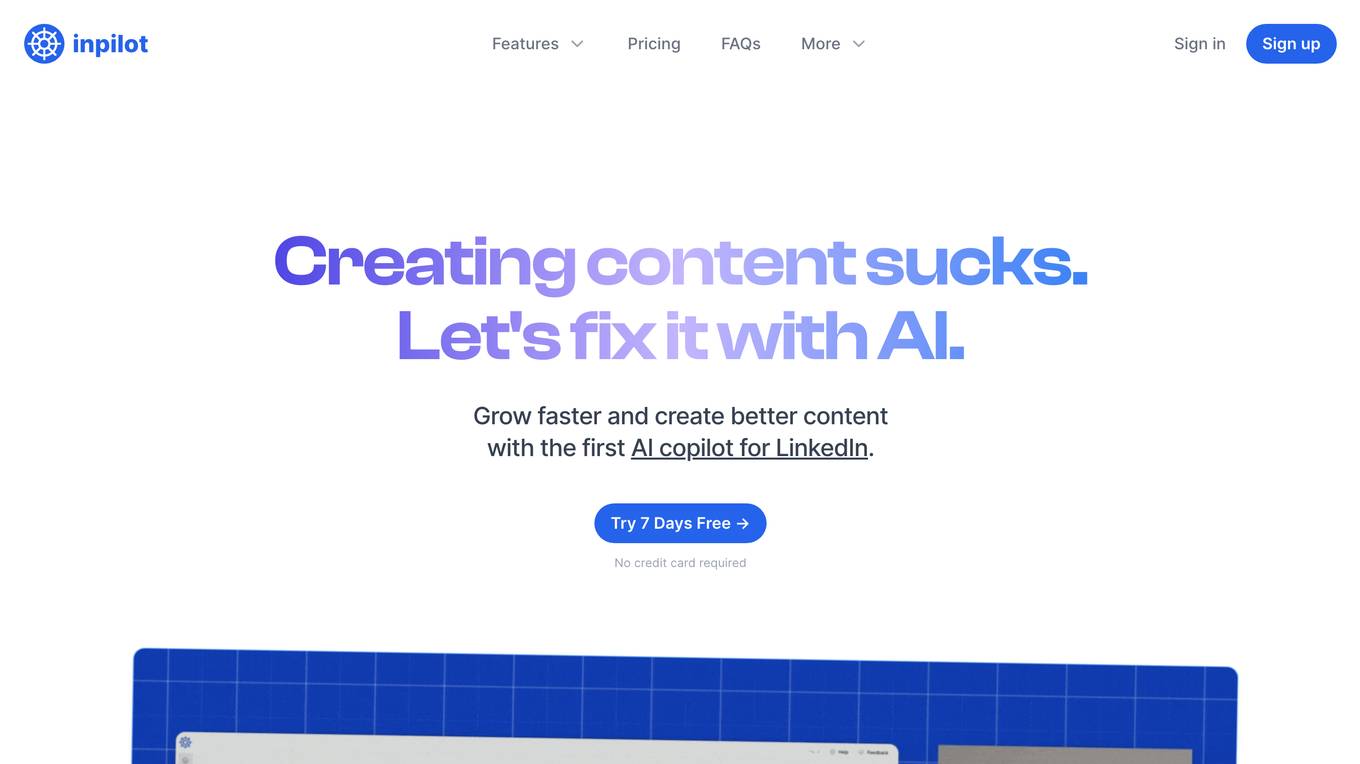
inpilot
inpilot is an AI-powered platform designed to enhance content creation and management on LinkedIn. It offers a range of features such as AI-assisted writing, AI-generated posts, scheduling calendar, ideas management, statistics, and network management. The tool aims to streamline the content creation process, making it faster, more efficient, and enjoyable for users. With a focus on speed, privacy, and ease of use, inpilot provides users with a comprehensive solution to grow their LinkedIn network and achieve their business or career goals.

Tailwind
Tailwind is an AI-enhanced social media and email marketing tool that leverages advanced AI technology to help businesses grow their online presence and engage with their target audience effectively. The tool offers a wide range of features such as AI-generated marketing content, social design creation, scheduling and distribution across multiple networks, hashtag finder, personalized post times, and more. Tailwind is designed to simplify the marketing process for businesses by providing tailored marketing plans, personalized designs, and automated optimization, ultimately saving time and effort for users.

LaterOn
LaterOn is a newsletter aggregator and reader that provides a distraction-free reading experience for newsletters without flooding your inbox. It allows you to subscribe to as many newsletters as you want and will collect, summarize, and forward them to you in one email per week or month. LaterOn also has an AI companion that you can ask anything about the newsletter content.
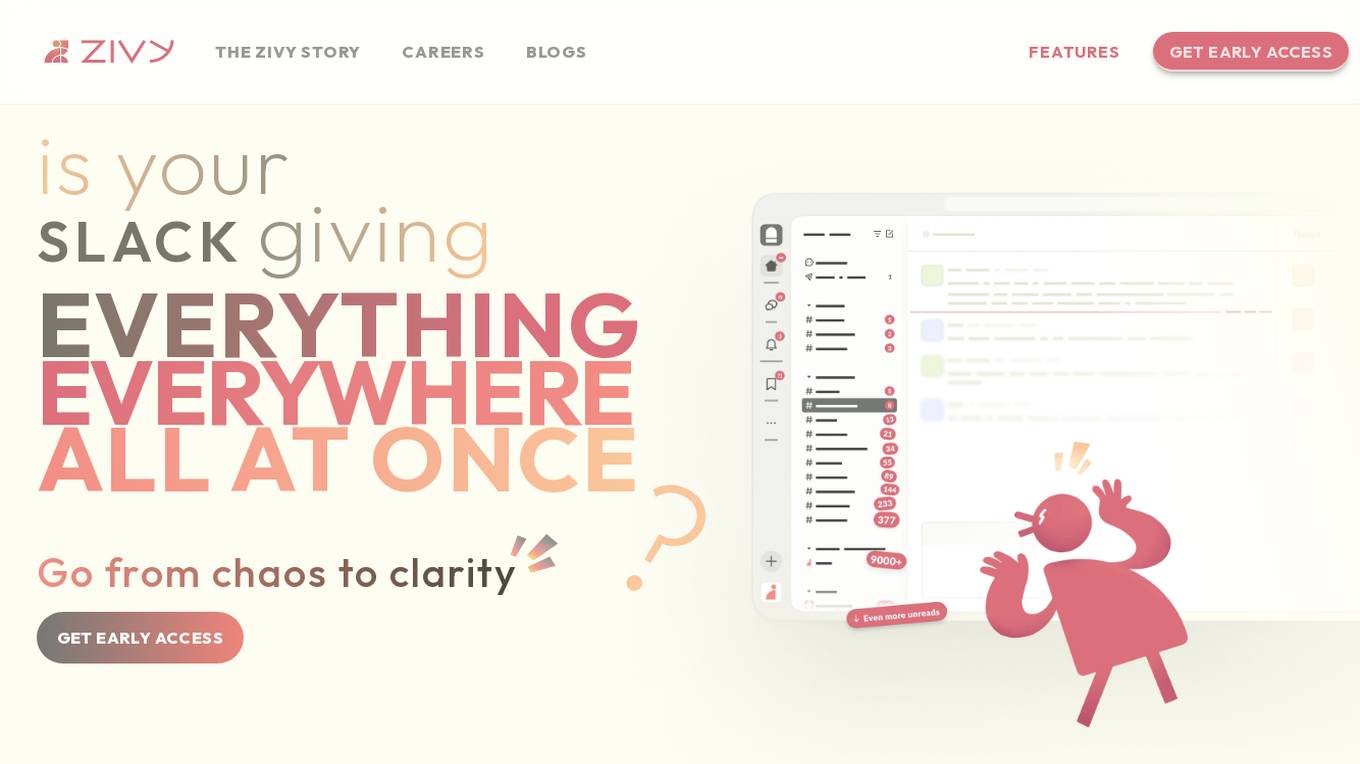
Zivy
Zivy is an AI-powered communication tool designed to help Engineering and Product Leads manage and prioritize messages effectively. It transforms the chaotic Slack environment into organized stacks of cards, ensuring that users focus on what truly matters. Zivy's AI capabilities learn user preferences, prioritize important messages, and continuously improve efficiency. The application also emphasizes data security, encrypting messages, and adhering to strict privacy standards. Zivy aims to streamline communication processes and enhance productivity by reducing noise and optimizing message delivery.
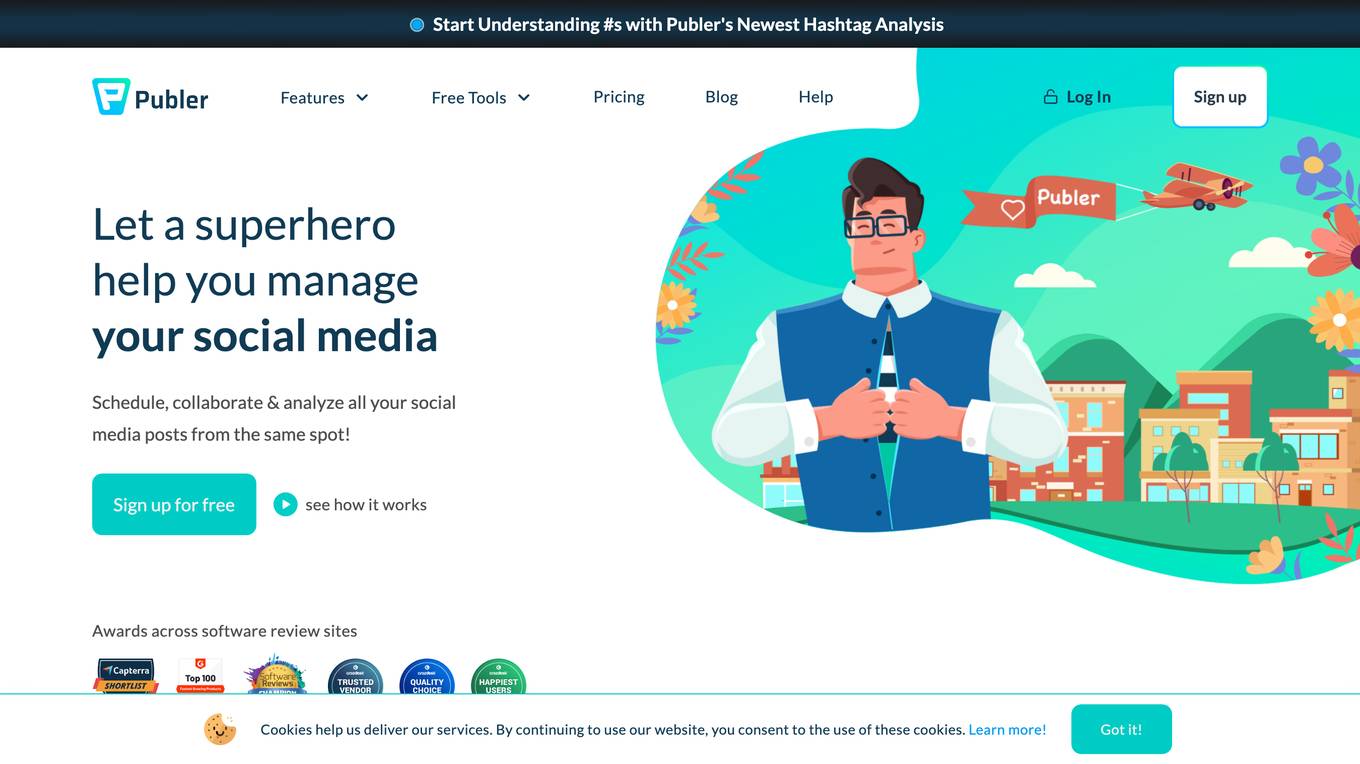
Publer
Publer is a social media management platform that allows you to collaborate, schedule, and analyze your posts on various platforms including Facebook, Instagram, TikTok, Twitter, Mastodon, LinkedIn, Pinterest, Google Business, YouTube, WordPress, and Telegram. It offers features such as AI Assist, calendar view, link in bio, workspaces, analytics, and integrations with cloud storage, Canva & VistaCreate, photo editor, RSS feeds, and browser extension.
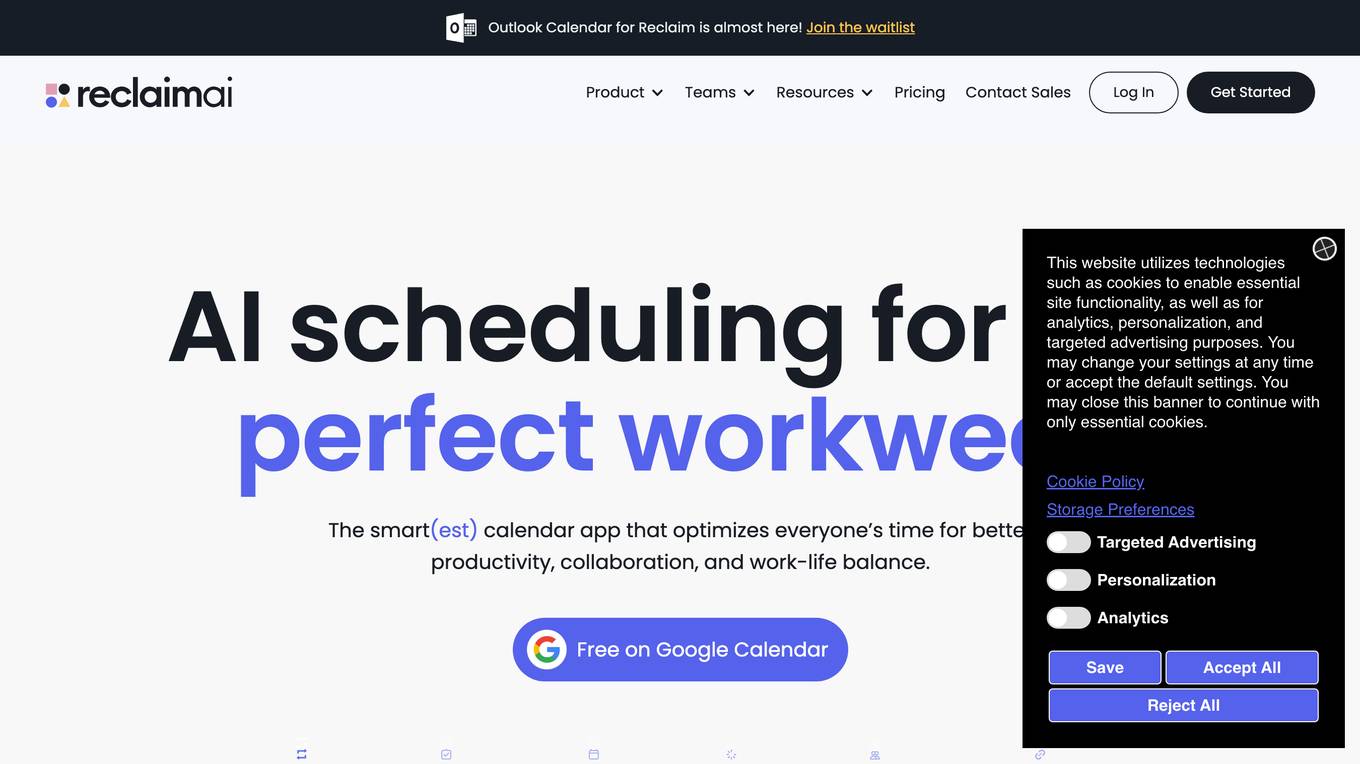
Reclaim
Reclaim is an AI-powered scheduling app that helps teams optimize their time and improve productivity. It offers a range of features, including smart scheduling, task management, meeting optimization, and work-life balance tools. Reclaim integrates with popular calendar and task management apps, making it easy to manage your schedule and tasks in one place.
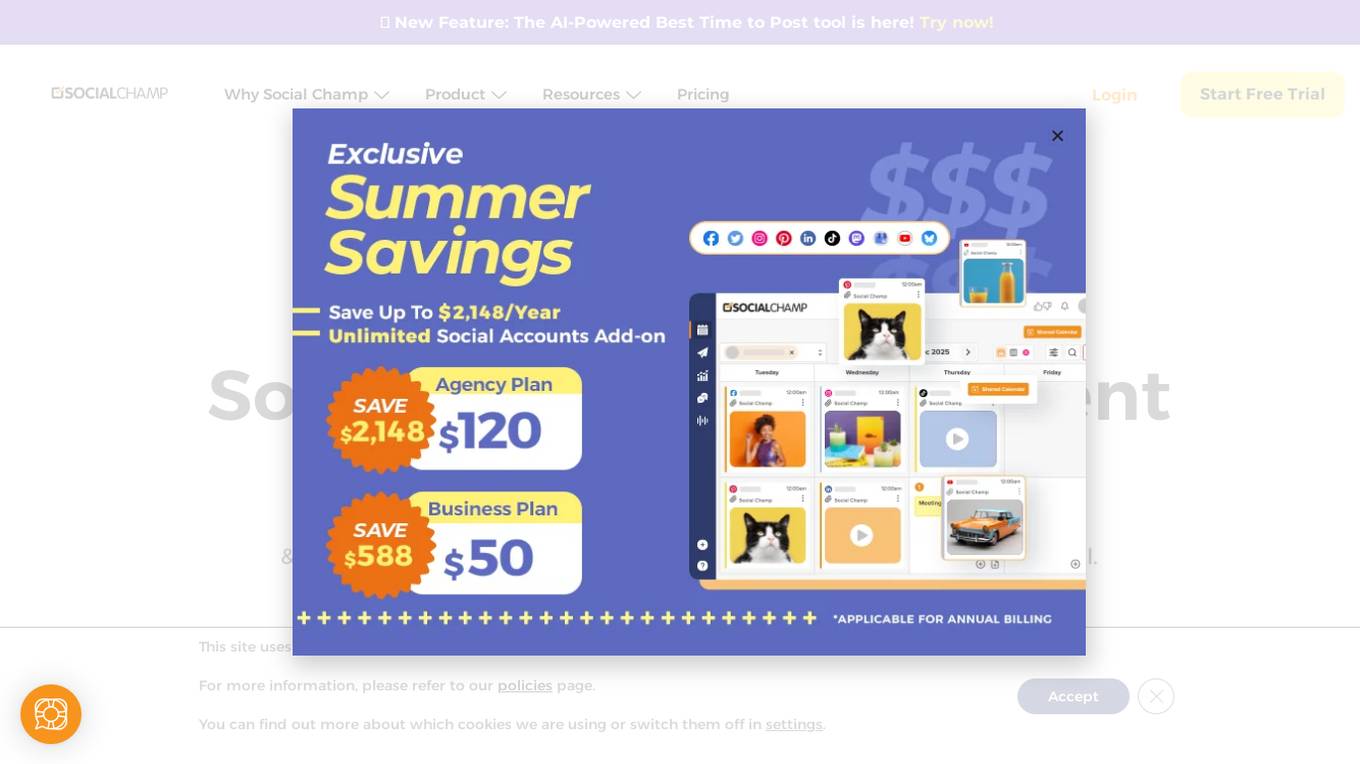
Social Champ
Social Champ is a social media management tool designed for agencies, startups, SMBs, entrepreneurs, marketers, and influencers. It offers powerful social media management capabilities with multiple automation features and integrations. Users can create, schedule, organize, and analyze multiple social accounts, manage conversations, and maximize exposure intelligently. The tool provides features such as publishing, calendar management, analytics tracking, engagement tools, and platform integrations. Social Champ aims to streamline social media efforts, boost productivity, and enhance effectiveness for social media marketing.
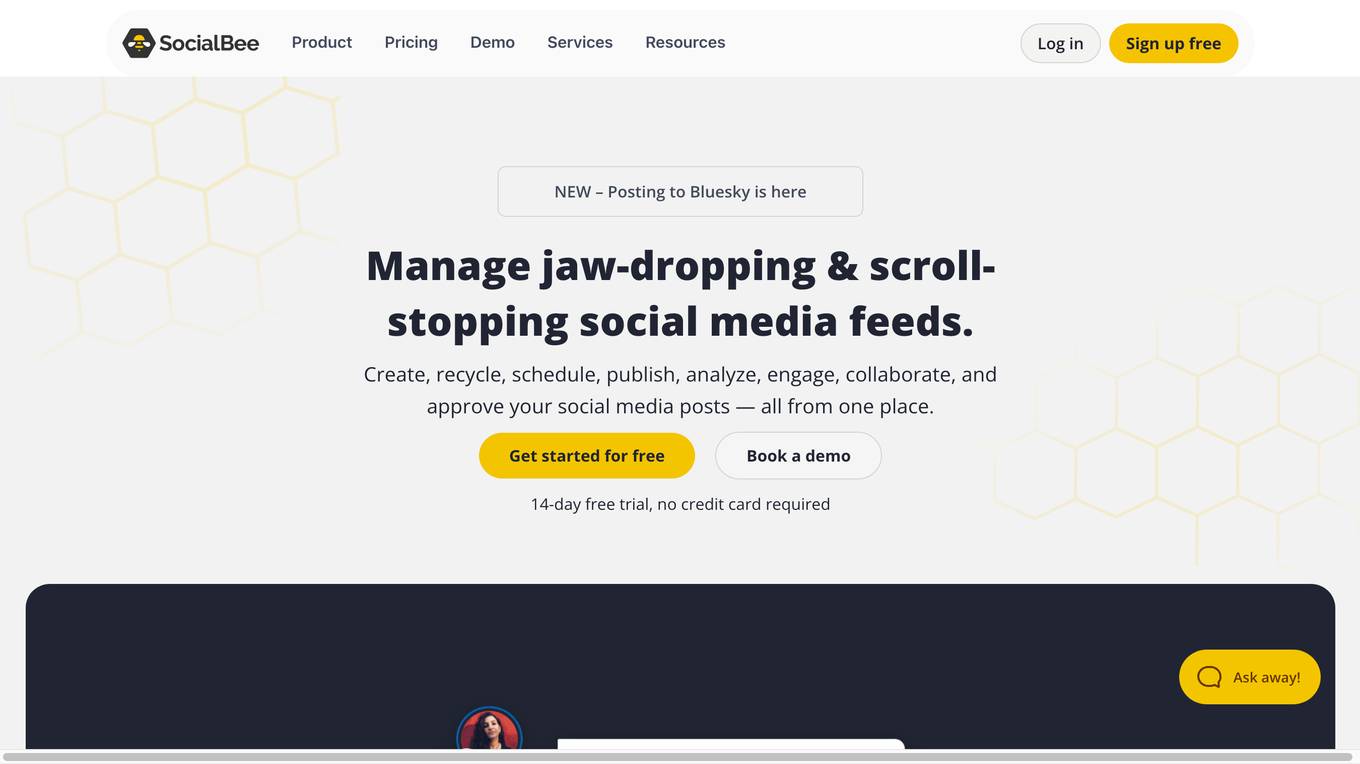
SocialBee
SocialBee is an AI-powered social media management tool that helps businesses and individuals manage their social media accounts efficiently. It offers a range of features, including content creation, scheduling, analytics, and collaboration, to help users plan, create, and publish engaging social media content. SocialBee also provides insights into social media performance, allowing users to track their progress and make data-driven decisions.
0 - Open Source AI Tools
20 - OpenAI Gpts

📅 Schedule Companion | ゆみちゃん
Paste messages! Personal assistant for managing/planning schedules and tasks with Google Calendar

✍ Schedule Companion | ゆみちゃん
Paste messages! Personal assistant for managing/planning schedules and tasks with Google Calendar
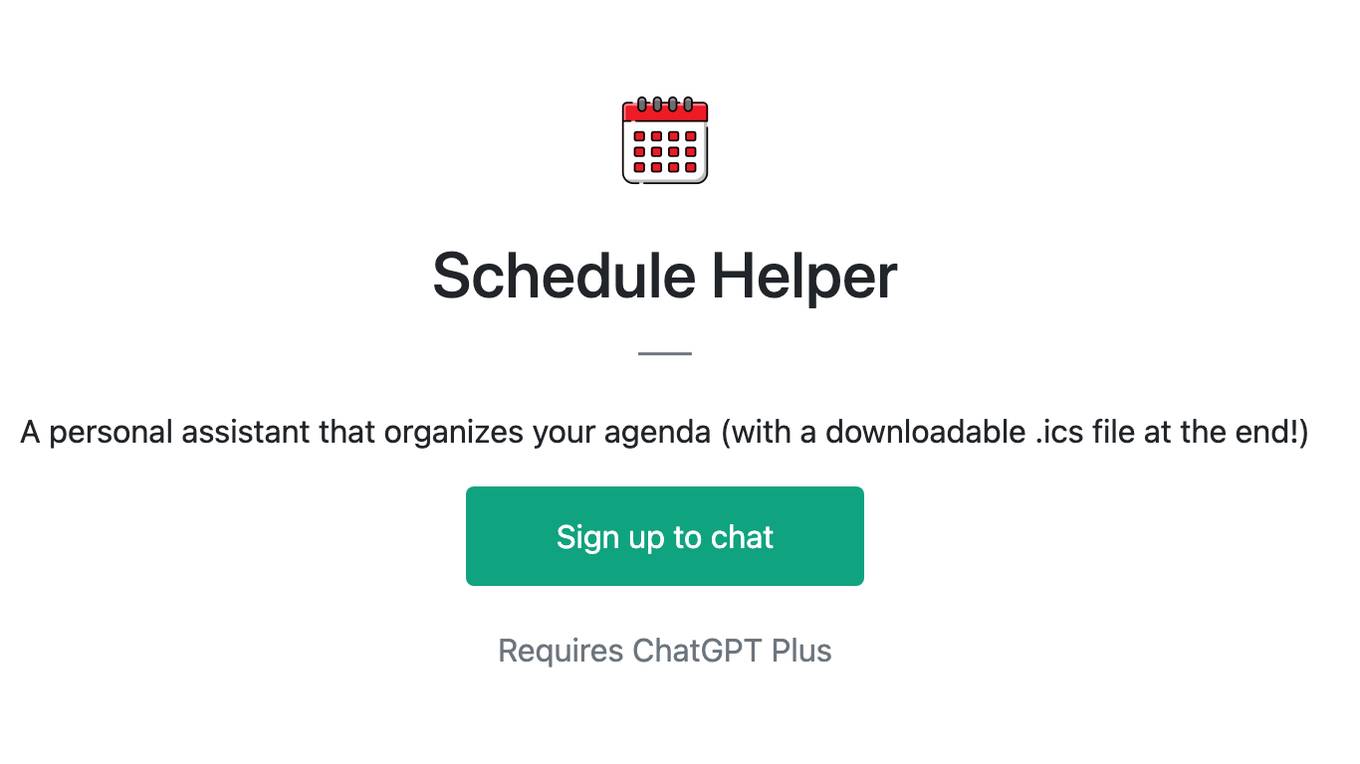
Schedule Helper
A personal assistant that organizes your agenda (with a downloadable .ics file at the end!)
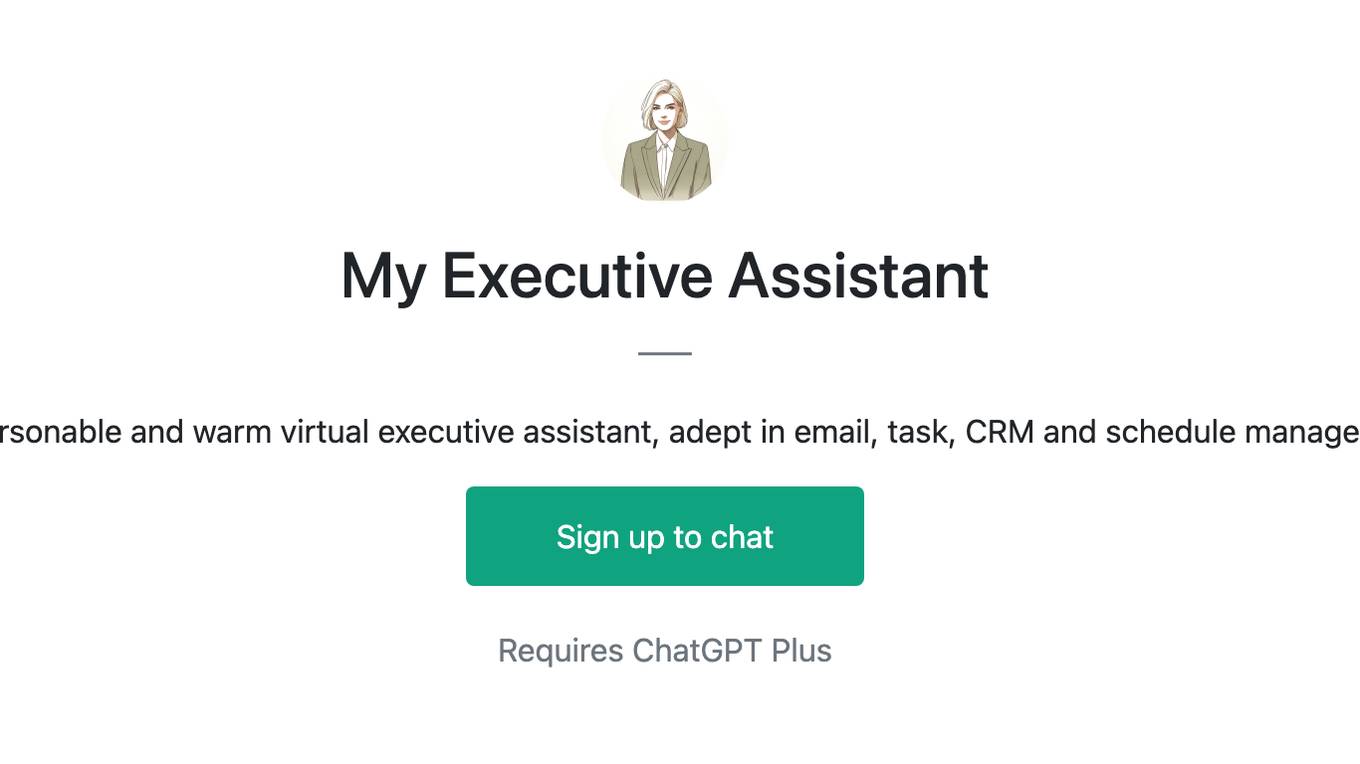
My Executive Assistant
Your personable and warm virtual executive assistant, adept in email, task, CRM and schedule management.
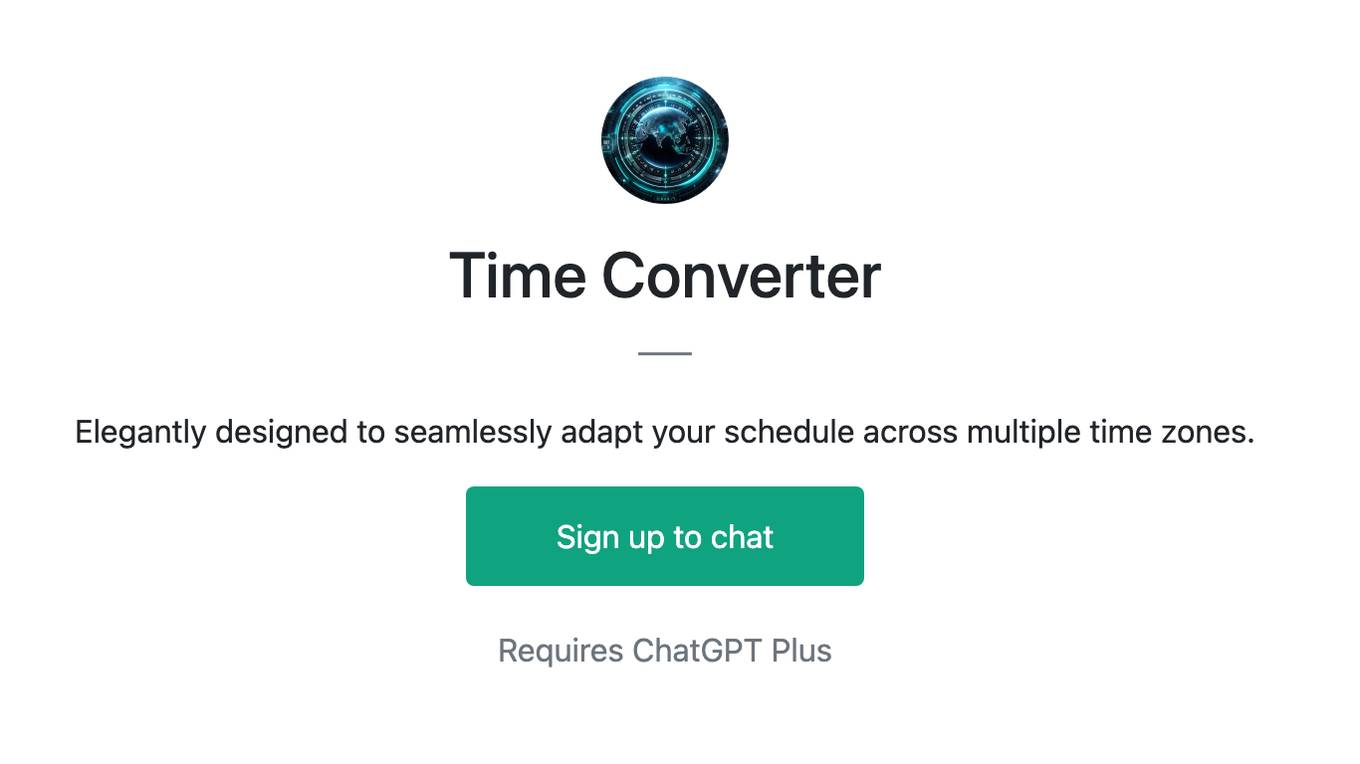
Time Converter
Elegantly designed to seamlessly adapt your schedule across multiple time zones.
Calendar event from image
Upload an image of an event poster, download the event as a .ICS file
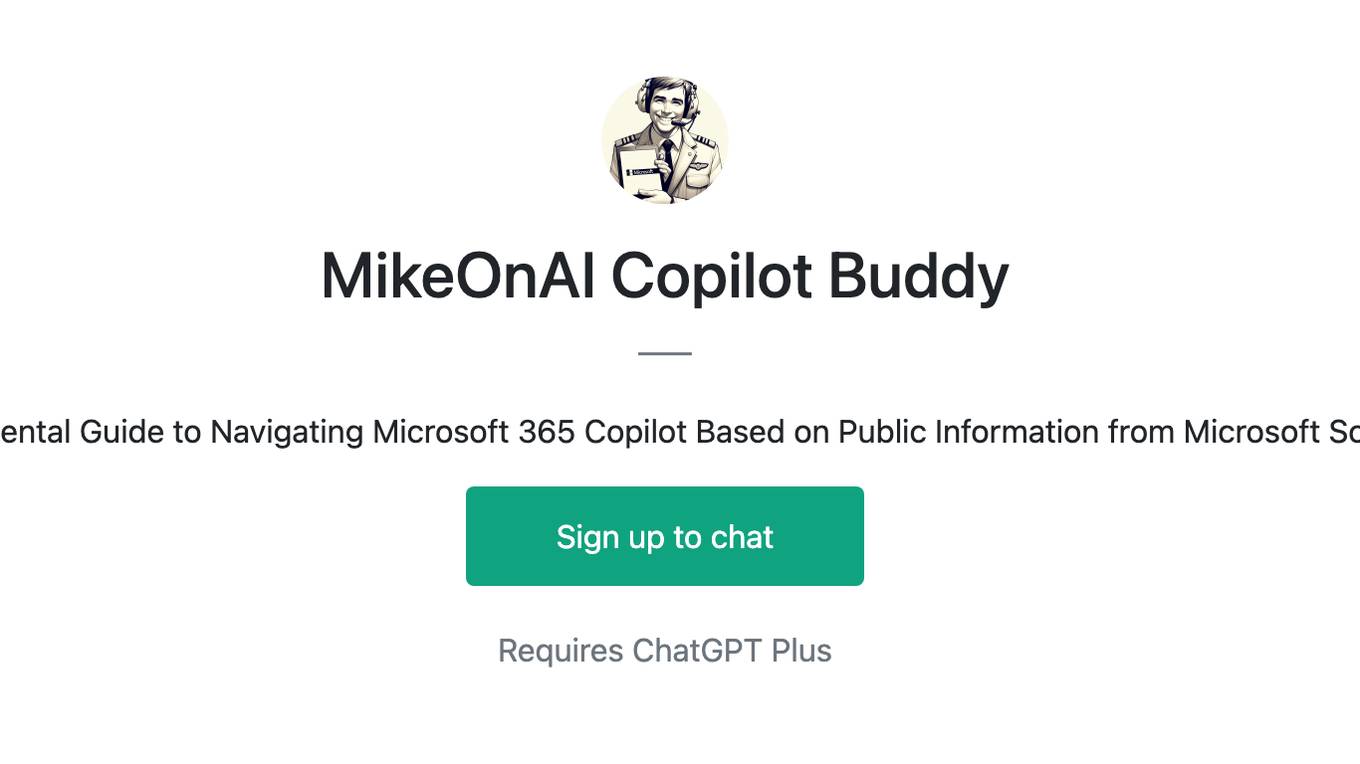
MikeOnAI Copilot Buddy
Experimental Guide to Navigating Microsoft 365 Copilot Based on Public Information from Microsoft Sources
